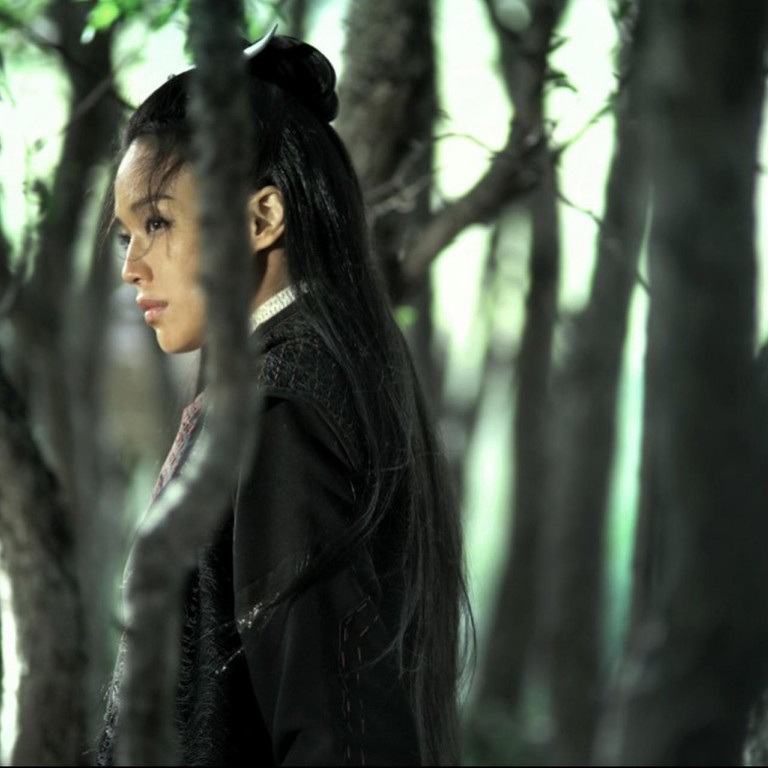
Hit and miss: the trouble with Chinese films and overseas audiences
Critics overseas shower praise on two Chinese-language art-house movies but mainland blockbusters struggle to leave an impression
The red carpet has been rolled out, the champagne has been chilled and two Chinese-language movies are among the leading contenders for this year's Palme d'Or.
In running for the film festival's top prize, which is due to be announced early Monday, is Taiwanese filmmaker Hou Hsiao-Hsien's , a slow-moving martial arts movie starring Shu Qi; and mainland director Jia Zhangke's triptych of modern mainland China, .
The productions have again drawn international attention to the Chinese film industry, but at home the focus is on the divide between a hit on the mainland and a winner elsewhere.
Agence France-Presse said the art-house crowd at Cannes fell hard for - a visually stunning tableau of palace intrigue in ninth-century China told through the character of a woman warrior.
French daily and the weekly both pronounced to be their pick for the Palme d'Or.
French reviewer Philippe Rouyer, of magazine put and among the top three films this year. The Associated Press praised as "unquestionably the most beautiful film in Cannes", adding that many thought it was the best, too.
The praise for the two movies at Cannes was a sign of renewed international confidence in Chinese productions, said Shanghai's .
But the countered, saying that while Jia and Hou's works were acclaimed by art-house audiences abroad, they barely made a ripple at the box office at home. At the same time, domestic blockbusters struggled to reach an audience abroad. The report said mainland movies made 29.6 billion yuan (HK$37.5 billion) at the local box office last year, but just 1.87 billion yuan overseas.
Shanghai-based filmmaker Chen Lifu said many domestically successful Chinese movies were not recognised by international film festivals mainly because they were either not well promoted overseas or they were not "sincere enough".
"I remember Ang Lee saying in an interview that [after making ] he and his team spent a year on the campaign to promote his film," Chen said.
The said another complaint from industry insiders was the mainland's censorship regime, which crippled creativity.
If either or win the Palme d'Or, it will be the second Chinese-language movie to receive the award, after mainland director Chen Kaige's in 1993. Taiwan's Central News Agency said the last time a Taiwanese director was selected for the main competition was in 2009, when Tsai Ming-liang's made it to the final.

